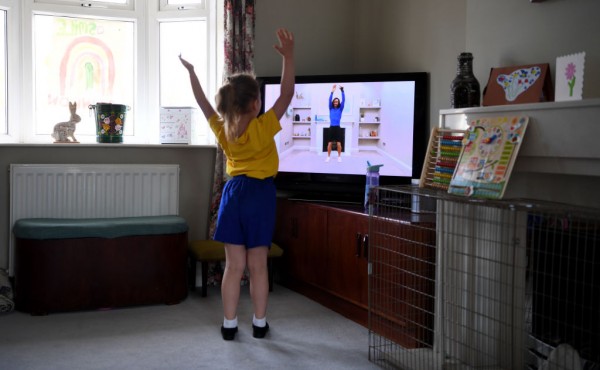Benefits Your Child Can Get From PE
There are growing apprehensions about the long-term effects of the COVID-19 pandemic, specifically on children and younger individuals.
In some circumstances, the legacy of this global health crisis may already be with us. Teachers and school heads are increasingly apprehensive about the amount of catch up school work students will need to offset the learning they missed due to the pandemic.
We have started to discover more about the social and emotional costs of the pandemic. In relation to this, there is a need for support for a generation of young individuals who have lost a substantial phase of their development.
Physical Education or PE is preferably placed to support the general development of a child. On top of developing physical skills, PE teaches kids intellectual skills, too.
The subject helps the young ones navigate complex social situations, too, not to mention nurtures their emotional development, as well.
Nevertheless, these comprehensive benefits are frequently ignored, and PE is habitually underutilized as a tool for education.
ALSO READ: Why Stress Makes One Overeat or Not Eat at All, and How to Overcome It

Four-year-old Lois Copley-Jones, who is the photographer's daughter, takes part in a live-streamed broadcast of PE with fitness trainer Joe Wicks on the first day of the nationwide school closures on March 23, 2020, in Newcastle Under Lyme, United Kingdom.
Beyond Just Physical Movements and Activities
During a nationwide lockdown, the online exercise sessions for children of Joe Wicks, a fitness coach, drew national attention to the essentiality of their physical activity, as well as its linked benefits like increased mobility and improved mental health.
Getting kids moving while on lockdown is admirable, especially in reaction to high levels of obesity in England. Nonetheless, the decision to label the sessions "PE with Joe" strengthens a slight understanding of Physical Education, not to mention what it is capable of.
Wicks's online exercise sessions offered inspiring and engaging opportunities for physical exercise although, it did not, and perhaps, could never, capture the principle of PE itself. The extensive benefits of physical activity are often used to justify PE's place in the student's curriculum.
Nevertheless, physical education needs to be the main part of the school curriculum for its distinctive promise to support a child's development in general. Such a development comprises, although not limited to the physical health promotion.
DON'T MISS THIS: What Happens to Your Heart When You Eat Healthier
PE, Not Just a Subject that Teaches Games
Like many others in society, the values, practices, and beliefs of PE teachers are frequently nested on their own sporting experiences and histories.
The reality of the subject is that PE in schools is that it has continued to be conquered by sporting activities, including netball, rugby, and hockey, among others.
Nonetheless, this concentration on sports performance is, according to reports, is possibly restricting the physical education subject's holistic potential.
Essentially, the learning intentions for the subject in this post-lockdown generation need to be built to develop the learning skills and life that kids have missed out on while they were in social isolation.
Both schools and teachers need to be encouraged to be brave, not to mention integrate tasks that promote speaking skills, art-based work, and literacy into physical education classes.
In order to effectively counter the learning children lost during the lockdown, there is a need to think differently about the position of PE in schools, as well as the value it can give the children. Only then, experts say, PE will be prioritized and "not pushed aside in both schools and the society."
IN CASE YOU MISSED THIS: 5 Benefits and Some Disadvantages You Can Get From Onions
Check out more news and information on Exercise Routines on MD News Daily.
Nov 02, 2020 08:00 AM EST





